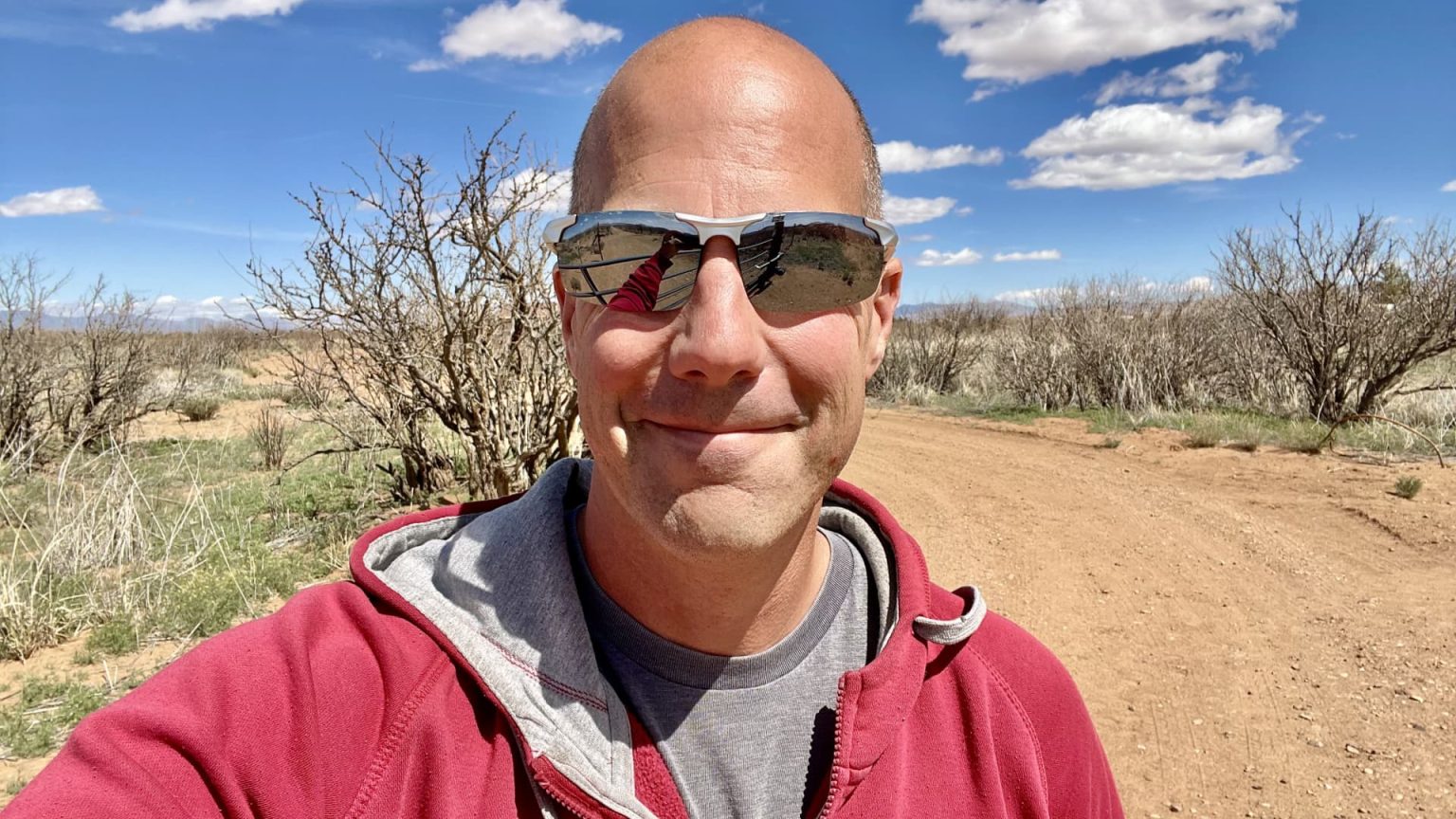Adcock says the moment he felt financially secure came in 2016 at age 35, when he retired from his corporate job with about $900,000. Gains in the market soon pushed that total over $1 million.
Security, he says, didn’t come from the amount of money he saved, but but what it afforded him — freedom to live his life the way he wanted without relying on a paycheck. When his wife retired the following year, the couple spent three years traveling the country in a Gulfstream RV.
“We were certainly living small. We were spending a lot less than we are now,” Adcock says. “That was really the first time where I felt financially secure, meaning we don’t have to work for the rest of our lives.”
Building security through saving and investing
To be clear, a higher salary certain helps when it comes to achieving financial security — but it’s not the be all and end all, says Adcock.
“You can be making $200,000 a year, but if you’re spending $180,000 a year, you’re not financially secure,” he says.
In 2014, when Adcock and his wife were making a combined $220,000 in annual income, Adcock says they saved around 70% of everything they brought in and invested aggressively in retirement and brokerage accounts.
“I’d say our savings rate was borderline extreme,” he says. “But I hated what I did. I wanted out as fast as possible.”
If you’re hoping to feel financially secure, you don’t need to aim for a savings rate quite that high. Start, at minimum, by building an emergency fund. A good chunk of Americans — 44%, according to Bankrate — say they couldn’t cover a $1,000 emergency with their savings.
“That’s the opposite of being financially secure,” Adcock says.
Financial pros generally recommend having three to six months’ worth of living expenses set aside for emergencies. Once you build that, see if you can ramp up the amount of time you could live off your savings.
“Once you get into the years where you can live for a year, then five years, then 10 years — that’s where the magic happens,” says Adcock.
Thinking of financial security this way allows you to view money not just as an amount to accumulate, but as a tool to fund the things in your life that you care about. Someone with one year’s worth of expenses saved could take a sabbatical to pursue a passion project. Someone with 10 years saved could take a crack at starting the small business they’ve always dreamed of.
For those pursuing early retirement, the ultimate goal is to build a large enough investing portfolio to withdraw from in perpetuity.
But even for someone like Adcock, who still brings in income from projects such as his website, newsletter and recent book, reaching the top level of financial security often means having the flexibility to work when and how you want, rather than not working at all.
“I would use the term retired loosely at this point. I wouldn’t say that we’re necessarily traditionally retired, but we are absolutely financially independent. We’re absolutely financially secure,” he says. “We don’t have to do any of these things. But it’s nice to be able to do the things that just seem or sound interesting and see how they work.”
Want to make extra money outside of your day job? Sign up for CNBC’s new online course How to Earn Passive Income Online to learn about common passive income streams, tips to get started and real-life success stories. Register today and save 50% with discount code EARLYBIRD.
Plus, sign up for CNBC Make It’s newsletter to get tips and tricks for success at work, with money and in life.
Read the full article here













